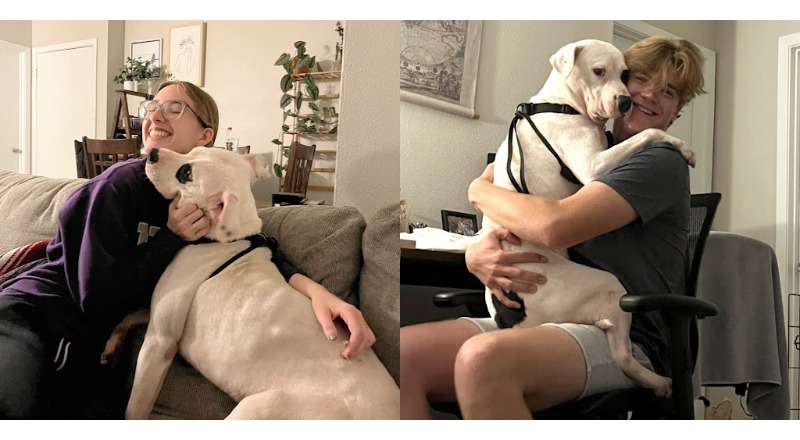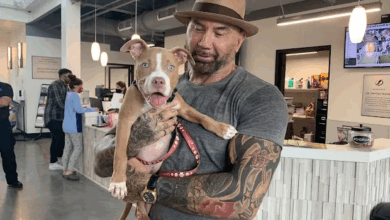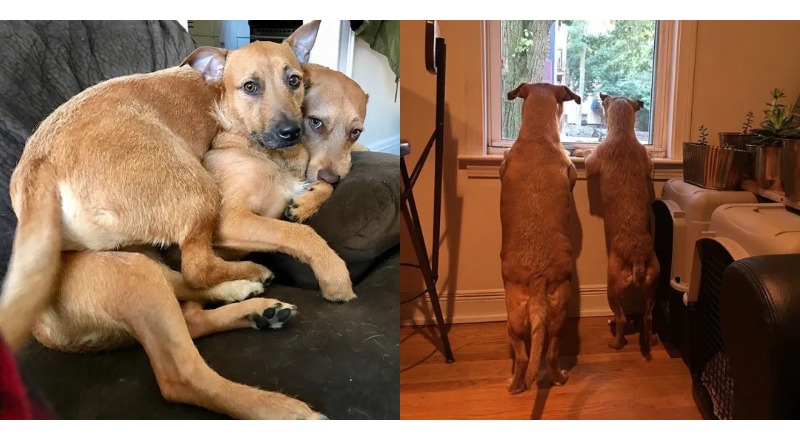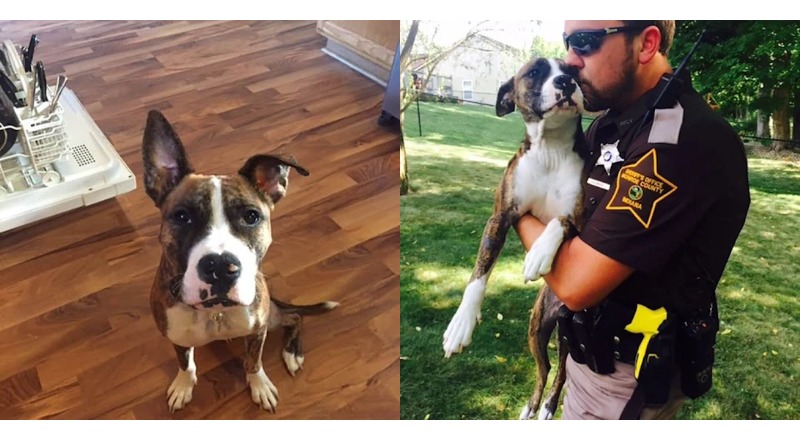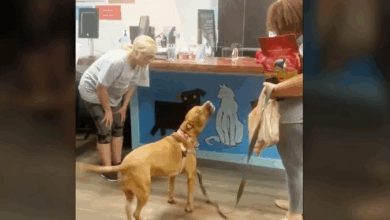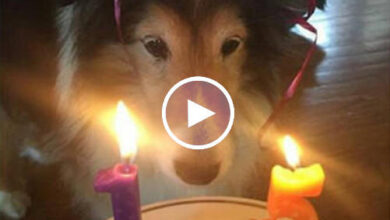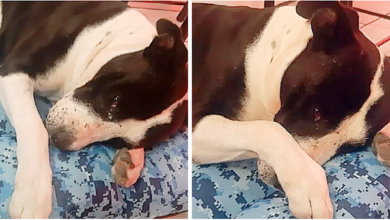How Much Sleep Does Your Dog Needs?
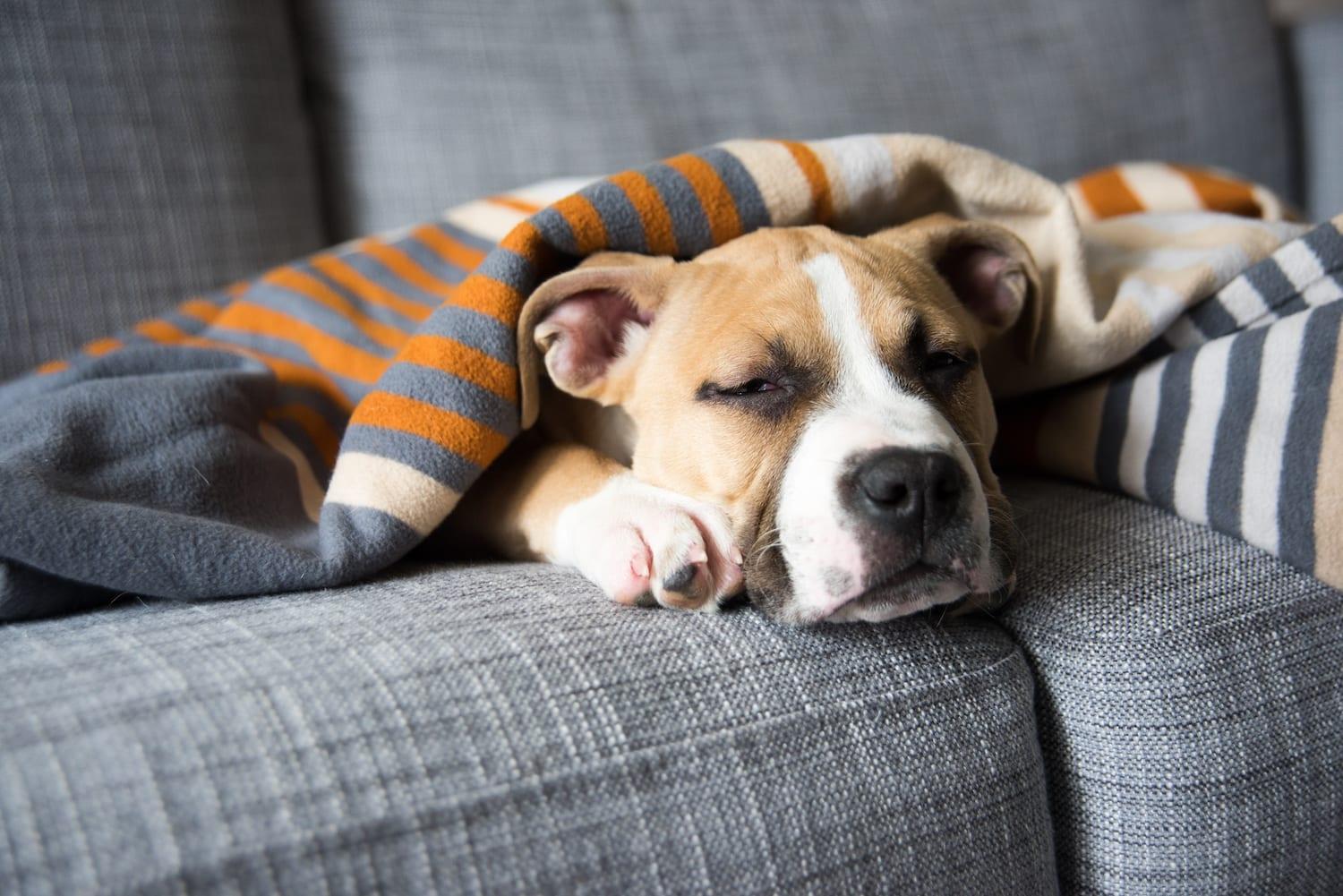
Do you ever wonder how much sleep your furry friend needs?
Just like humans, dogs need adequate sleep to maintain their health and well-being. In fact, proper rest is essential for a dog’s physical, mental, and emotional health.
The amount of sleep a dog needs depends on various factors such as age, breed, activity level, and overall health.
As a responsible pet owner, it’s important to understand your dog’s sleeping patterns and provide them with the necessary conditions for optimal rest.
In this article, we will discuss the importance of sleep for dogs and how much sleep different breeds require.
We will also provide tips on ensuring that your furry companion gets enough shut-eye.
So let’s dive in!
The Importance of Sleep for Dogs
You know that your furry friend needs their beauty rest – sleep is crucial for dogs to maintain good health and energy levels! But have you ever wondered why sleep is so important for dogs? Well, let me tell you about the benefits of napping.
Just like humans, dogs need adequate amounts of sleep to function properly. Napping helps them regulate their body temperature, aids in digestion and boosts their immune system.
However, it’s not just enough to make sure your dog gets some shut-eye – they also need a certain amount of uninterrupted sleep. Sleep deprivation can cause serious risks to your pet’s health such as obesity, a weakened immune system, and even behavioral issues.
Dogs who don’t get enough sleep may become irritable or anxious due to a lack of restorative rest. So now you know how important it is for your furry friend to catch up on those zzz! But did you know that there are factors that influence a dog’s sleep needs?
Factors That Influence a Dog’s Sleep Needs
When it comes to a dog’s sleep needs, factors like age and activity level can impact the amount of rest they require. The adage goes: ‘One size does not fit all.’ As such, it’s crucial to understand what influences your pet’s sleeping patterns.
Here are some factors that affect a dog’s sleep requirements:
- Sleep environment
- A comfortable and undisturbed sleeping area will allow your dog to have a sound sleep. Consider investing in a cozy bed or crate where your furry friend can retreat for uninterrupted rest.
- Age and sleep needs
- Puppies need more sleep than adult dogs; they typically require 18 to 20 hours of sleep per day. Senior dogs may also need more rest as they tend to tire out easily.
Understanding your dog’s sleeping patterns is essential in ensuring their overall health and well-being. In the next section, we’ll explore how you can monitor and analyze your pet’s snooze time.
Understanding Your Dog’s Sleeping Patterns
When it comes to understanding your dog’s sleeping patterns, there are a few key points to keep in mind.
First and foremost, dogs typically sleep for about 12-14 hours per day on average, although this can vary depending on the breed and individual dog.
Additionally, it’s important to watch out for signs of sleep disorders in your pet, such as excessive snoring or restlessness during the night.
By paying attention to these factors and taking steps to promote healthy sleep habits in your furry friend, you can help ensure that they get the rest they need to stay happy and healthy.
Typical Sleep Schedule
Typically, your furry companion will snooze for around 12-14 hours a day, with most of that time spent napping and dozing. However, the amount of sleep a dog needs can vary based on their age, breed, size, and activity level. For example, puppies may need up to 20 hours of sleep each day while adult dogs may only need 10-12 hours.
To further understand your dog’s sleeping habits and nap frequency, consider these four factors:
- Age: Puppies require more sleep than adult dogs due to their rapid growth and development.
- Breed: Some breeds are known for being more active or having higher energy levels than others which may affect their sleep patterns.
- Health: Dogs with certain health conditions may need more rest or be prone to sleeping longer periods of time.
- Environment: The quality of your dog’s sleeping area can also impact their sleep schedule and duration.
Keeping track of your dog’s sleeping patterns can help you identify any changes or potential signs of sleep disorders such as insomnia or excessive lethargy.
Signs of Sleep Disorders
It’s important to keep an eye out for any signs of sleep disorders in your furry friend. These could include excessive restlessness or difficulty falling asleep. Sleep disorders can significantly impact the quality of life of dogs, leading to a range of health issues and behavioral problems.
Some common symptoms of sleep disorders include snoring, gasping for air during sleep, and excessive daytime sleeping. If you notice any unusual behavior in your dog’s sleep routine, it’s essential to seek veterinary care promptly. Ignoring these symptoms can lead to chronic sleep deprivation and other serious health problems.
In the following section, we will discuss how much sleep different breeds need and how you can help ensure that your dog is getting enough rest each night.
How Much Sleep Do Different Breeds Need?
Dogs, like humans, have varying sleep needs depending on their breed and size. Breed-specific differences play a significant role in determining how many hours your furry friend needs to snooze. For instance, smaller breeds such as Chihuahuas and Pomeranians tend to require more sleep than larger breeds like Great Danes. This is because smaller dogs expend more energy running around and playing compared to larger dogs who are less active.
It’s essential to ensure that your dog gets enough sleep as sleep deprivation risks can lead to health issues that may impact their lifespan. Some common signs of sleep deprivation include excessive barking, lethargy during the day or night, separation anxiety, weight gain or loss, and aggression towards other animals or humans.
By understanding your dog’s breed-specific sleeping habits, you can help them get the right amount of rest they need. To ensure your dog gets enough quality sleep, it’s important to create a comfortable sleeping environment for them. A comfy bed with appropriate cushioning will decrease pressure points on their joints, making it easier for them to relax and drift off into deep slumber.
Additionally, you should also establish a regular feeding schedule with ample time before bedtime so that your dog doesn’t feel hungry when it’s time for them to go to bed. By taking these simple steps, you can provide your furry friend with an optimal sleeping environment that promotes healthy living!
How to Ensure Your Dog Gets Enough Sleep
Ensuring your furry companion gets sufficient rest is crucial to their overall health and well-being. Creating a sleep-friendly environment can help your dog feel calm and comfortable when it’s time for bed.
Make sure their sleeping area is quiet, dark, and cozy. Consider adding a comfortable bed or blanket to the space.
Establishing a consistent sleep routine can also help your dog get the rest they need. Try to stick to regular bedtime and wake-up times each day. This will help regulate their internal clock and make it easier for them to fall asleep at night.
Additionally, avoid feeding or playing with your dog right before bedtime as this can cause excitement that may interfere with their ability to fall asleep.
If you notice that your dog is not sleeping enough despite creating a sleep-friendly environment and establishing a consistent routine, there may be an underlying health issue causing the problem. It’s important to consult with your veterinarian if you’re concerned about your pet’s sleep habits or overall health. They may be able to offer additional guidance on how to ensure that your furry friend is getting all of the rest they need.
What to Do If Your Dog is Not Sleeping Enough
If your furry companion is experiencing insufficient sleep, consulting with a veterinarian can provide guidance on how to properly address the issue. Poor sleep hygiene, or not having a consistent routine for bedtime and waking up, can affect dogs just as it affects humans.
To ensure that your pet gets enough rest, create a routine that they can follow every day. This includes setting a specific time for sleeping and waking up.
Another important factor in ensuring your dog’s sufficient sleep is creating a comfortable sleeping environment. Make sure that their bed is large enough for them to stretch out comfortably and is made of materials that are appropriate for their breed. For example, breeds with thick fur may prefer cooler bedding materials such as bamboo or mesh fabrics.
If you have tried implementing these changes but still find that your dog is not getting enough sleep, it may be time to consult with a veterinarian again. There could be underlying health issues causing them discomfort or affecting their ability to sleep well.
With proper care and attention, you can help your furry friend get the rest they need to stay healthy and happy.
Conclusion
Congratulations! You now know everything you need to understand your furry friend’s sleeping habits.
Remember, dogs require an adequate amount of sleep to maintain their physical and mental health. Factors such as age, breed, and activity level can influence how many hours of sleep they need per day.
By understanding your dog’s sleeping patterns, you can help ensure they get the rest they need. This may include providing them with a comfortable bed in a quiet area of your home or establishing a consistent sleep schedule.
If you notice any changes in your dog’s sleep habits or suspect they’re not getting enough rest, it’s important to consult with your veterinarian to rule out any underlying health issues.
Overall, prioritizing your dog’s sleep needs is essential for their overall well-being and happiness. So go ahead and give your furry friend an extra belly rub before they drift off into dreamland tonight!
Read more:
